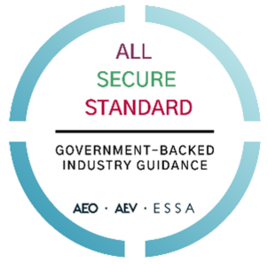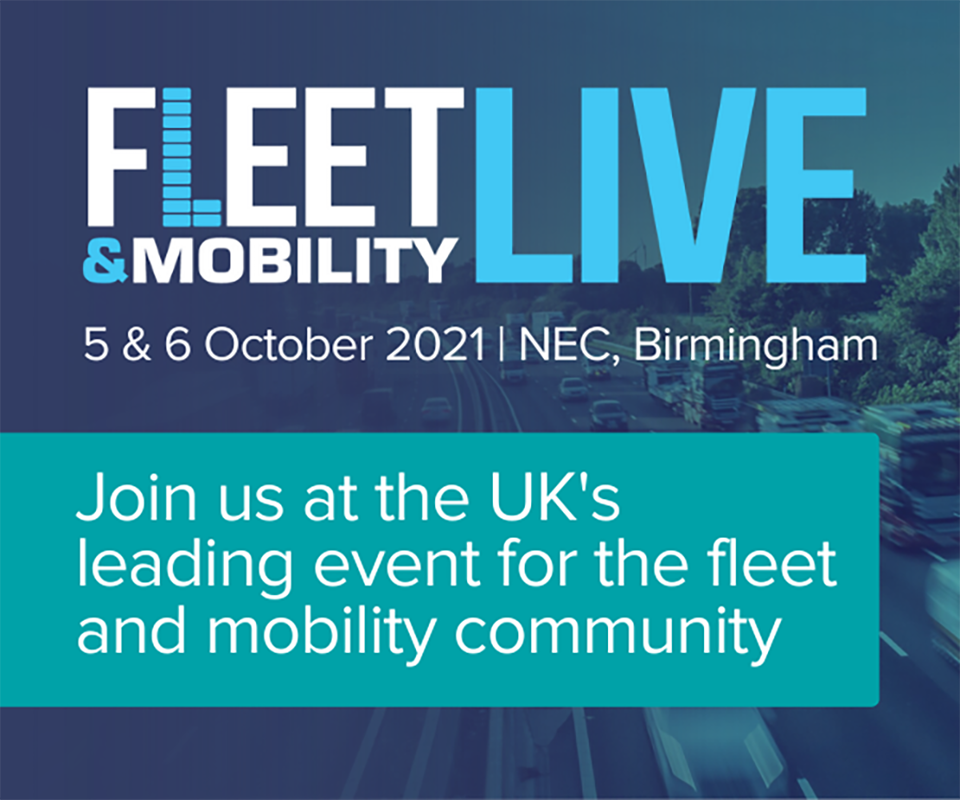The future road map for connected technology and how it will affect how vehicles are run in the future will be under the spotlight at next week’s Fleet & Mobility Live.
Mark Cracknell, Zenzic head of connected and automated mobility, will give an overview to delegates about the latest projects and progress being made across the UK.
Isi Obazele, TRL vehicle and infrastructure technologies researcher will also offer a deep dive on the challenges with remote fleet operation trials and how connected technologies will enable greater autonomous mobility in the coming years.
Delegates attending the event, which is free to attend for fleet decision makers and takes place next Tuesday and Wednesday (5 and 6 October) at the NEC, near Birmingham, will gain access to 20 seminar sessions from over 25 expert speakers across three theatre areas: Operational Excellence, Strategy and Benefits Box.
Don't miss out on priceless fleet insight – register to attend now
Cracknell’s session will look at progress the UK has made so far and how vehicle-to-infrastructure (V2X) data services will not only improve journey efficiency but also improve road safety and occupant comfort.
Such is the growth of connectivity in vehicles that the Society of Motor Manufacturers and Traders (SMMT) predict that all cars in the UK will be connected by 2026 and it is estimated that the global market size for vehicle to everything (V2X) communication technologies is forecast to reach $6 Billion (£4.4bn) by 2025.
Cracknell said: “The roadmap to 2030 isn't just being used by the UK, but by all organisations in the public and private sectors, on at least four continents that I know of, and by governments, corporates and SMEs.
“I believe this is because it is, by design, objective, built on consensus, and aligned around not only a common goal but also on underlying principles which include an aspiration to build on each others’ strengths and de-risk the whole venture for everyone’s benefit.”
There is a need for vehicle manufacturers and infrastructure providers to create an ecosystem by which there is a standard for connectivity across every vehicle.
Vehicles in the UK may also be mandated to retrofit connectivity technology to any legacy vehicles that don’t feature the right level of factory fitted kit.
Obazele will then provide a perspective about Project Endeavour, which has been part funded by the Centre for Connected and Autonomous Vehicles (CCAV), delivered in partnership with Innovate UK.
Project Endeavour was put together to run trials of autonomous vehicles in urban areas, including pilot trials on the roads in Oxford, London and Birmingham.
Obazele said: “I’ll be talking through some of the use cases for this connected technology in the future, which includes remote control of vehicles from a control centre run by the fleet in the future.
“For tests currently we have a safety technician and safety driver, but as we move towards higher levels of automation, eventually we will want to be at a point where there are no drivers and we have the ability to remote control vehicles.”
This can be to assist in scenarios where there is an obstruction the autonomous technology can’t yet deal with.
One of the challenges on this so far has been the issue of latency between remote inputs that are connecting to trial vehicles on the road.
TRL is actively reviewing how new technology like 5G masts and state-of-the-art communications technology will be vital to ensuring a reliable remote connection to vehicles on the road to enabling remote operation by 2030.
The full agenda for Fleet & Mobility Live is now available to view.
Don't miss out on priceless fleet insight – register to attend now
Attend Fleet & Mobility Live with confidence
The safety of visitors, exhibitors and staff is the top priority for Fleet News and the NEC, and a series of robust measures will be in place to protect everyone. Fleet decision-makers and suppliers will be able to attend the event in complete confidence.
Read the latest Covid-19 update





















Login to comment
Comments
No comments have been made yet.